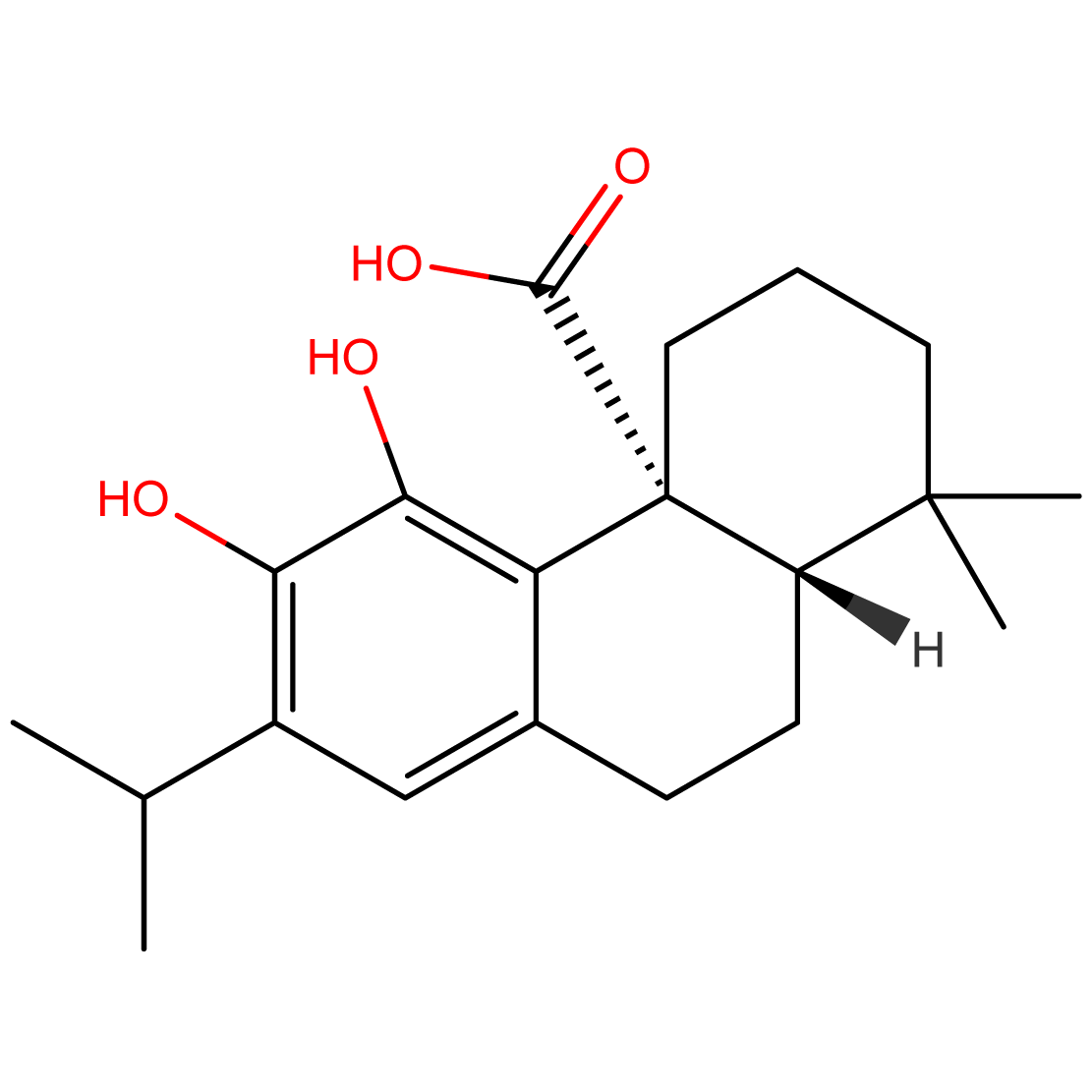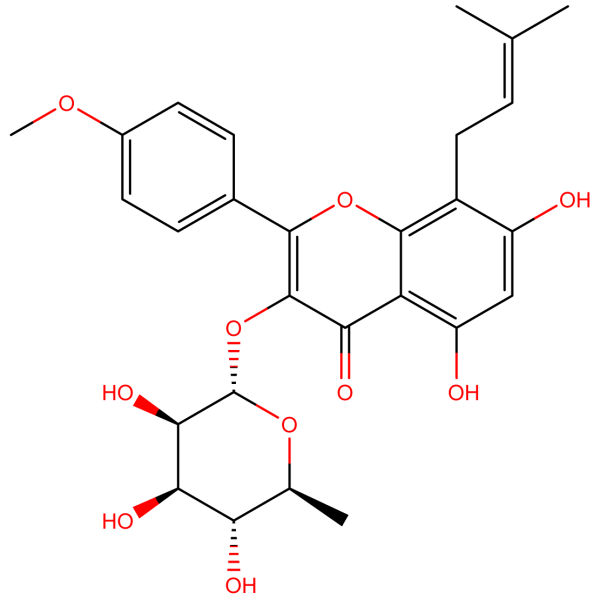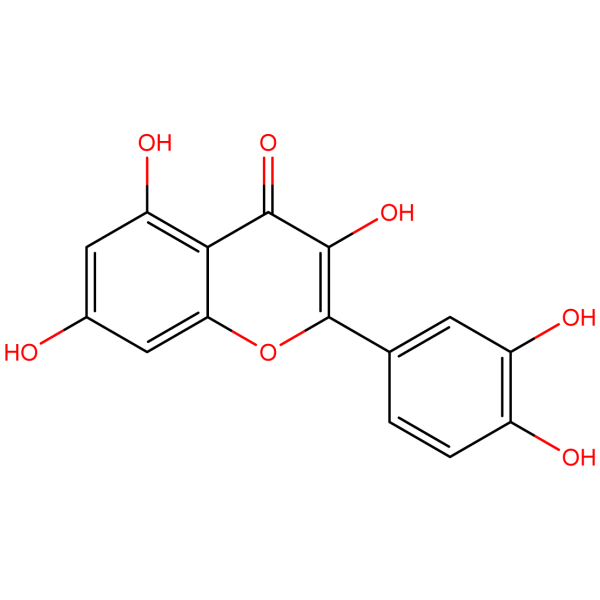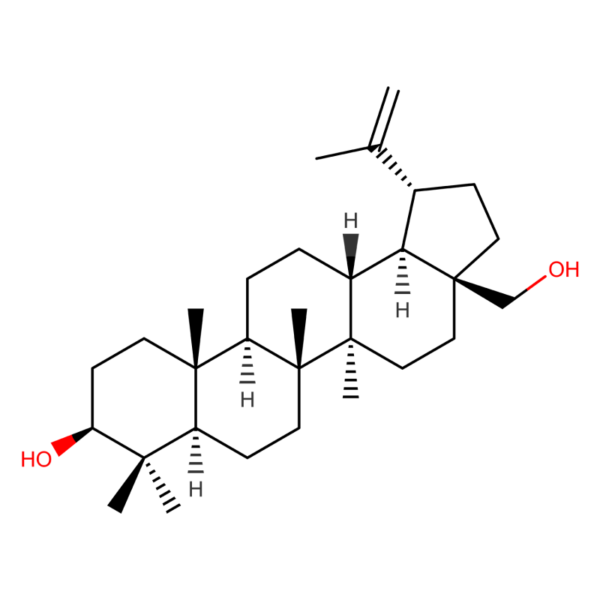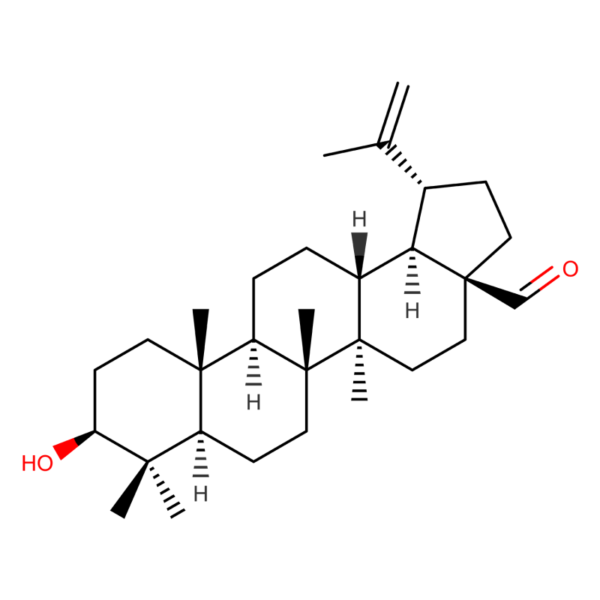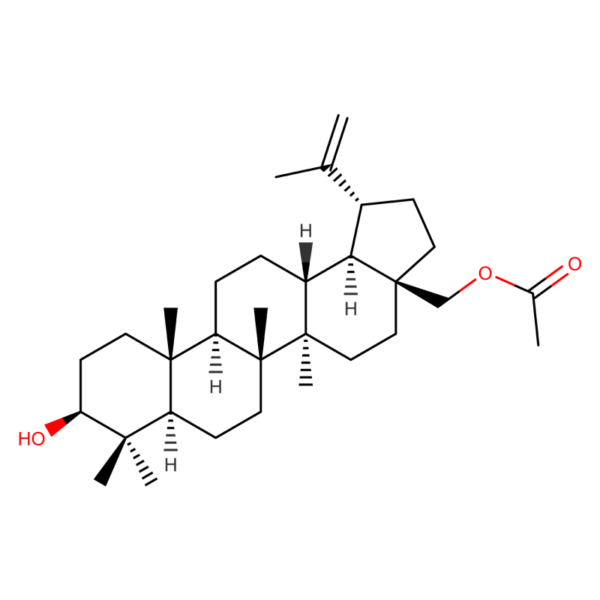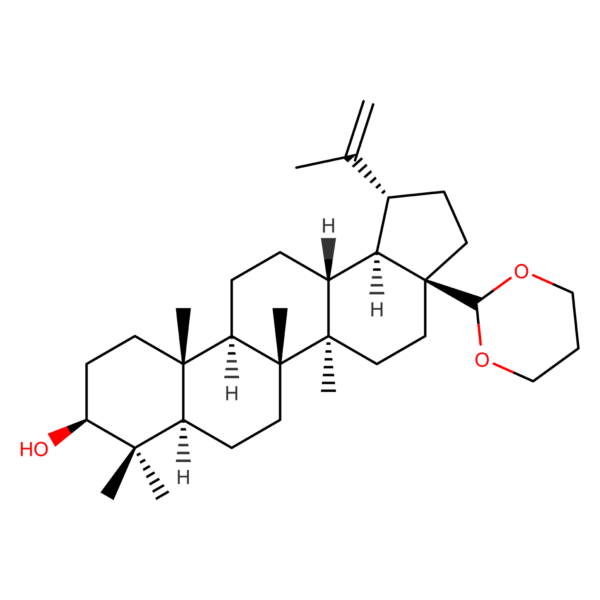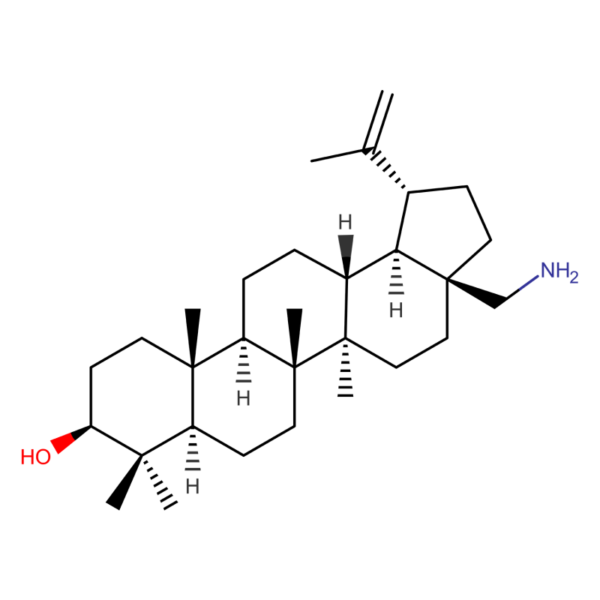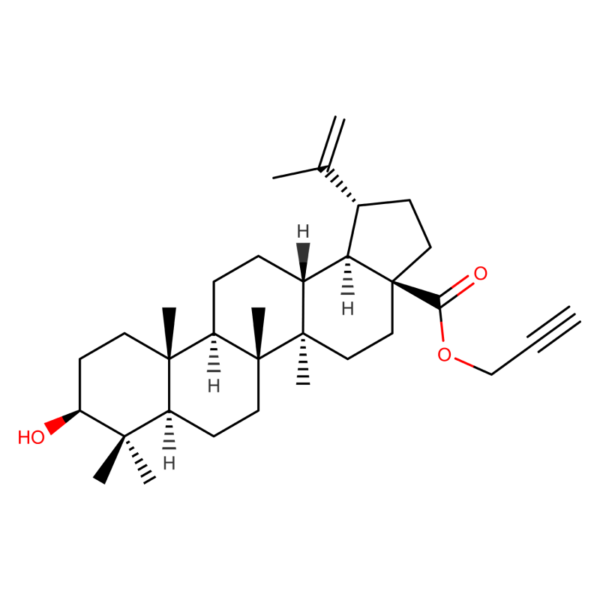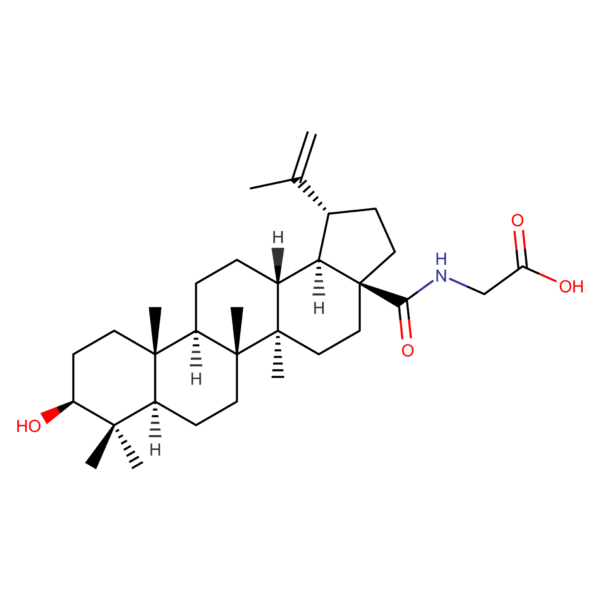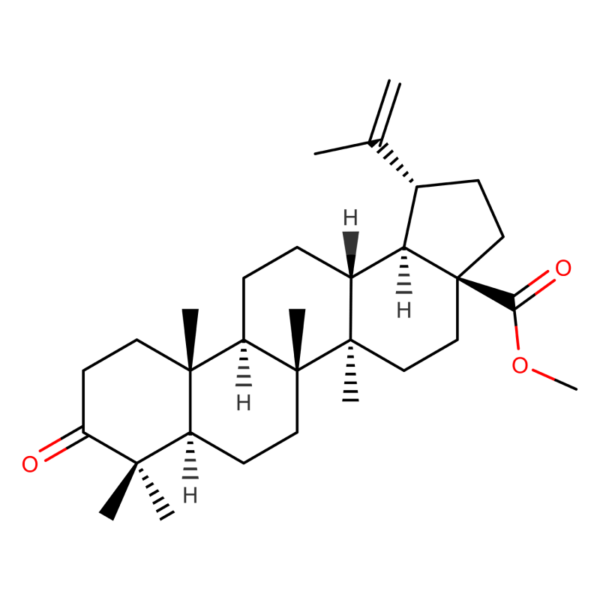Carnosic Acid: Potent Antioxidant for Advanced Biomedical Research
1. Molecular Identity
- Chemical Name: 4a(2H)-Phenanthrenecarboxylic acid, 1,3,11,12-tetrahydroxy-8,11,13-trimethyl-, [4aR-(4aα,10aβ)]-
- CAS Number: 3650-09-7
- Source: Naturally occurring in rosemary (Rosmarinus officinalis) and sage (Salvia officinalis)
2. Biochemical Significance
Carnosic acid is a phenolic diterpene with remarkable antioxidant properties. Its unique molecular structure contributes to its diverse biological activities, making it a compound of significant interest in natural product research, food science, and potential therapeutic applications.
3. Key Properties
- Potent Antioxidant: Exhibits strong free radical scavenging activity
- Neuroprotective: Shows potential in protecting neuronal cells
- Anti-inflammatory: Demonstrates ability to modulate inflammatory responses
- Antimicrobial: Displays activity against various microorganisms
4. Potential Research Applications
- Neurodegenerative disease studies
- Cancer research and chemoprevention
- Food preservation and natural additives
- Skin health and anti-aging investigations
5. Current Research Focus
Ongoing studies are investigating Carnosic acid’s effects on:
- Oxidative stress-related disorders
- Neuroprotection in various brain disorders
- Cancer cell proliferation and apoptosis
- Lipid oxidation in food systems
6. Formulation Challenges and Innovations
Researchers are actively working on:
- Enhancing stability in various environmental conditions
- Developing targeted delivery systems for improved bioavailability
- Creating synergistic combinations with other antioxidants
7. Regulatory Considerations
Carnosic acid is Generally Recognized as Safe (GRAS) by the FDA for use as a flavoring substance and antioxidant. Its use in specific therapeutic applications may require additional regulatory approval depending on the jurisdiction and intended use.
8. Future Research Directions
The scientific community anticipates:
- Advanced clinical trials for neurodegenerative and inflammatory disorders
- Exploration of Carnosic acid’s potential in personalized nutrition
- Investigation of novel applications in food technology and preservation
9. Collaborative Opportunities
We invite neuroscientists, oncologists, food technologists, and academic institutions to explore the research potential of Carnosic acid. For inquiries, collaborations, or to discuss how Carnosic acid can benefit your research projects, please contact us at sales@nstchemicals.com.
Join us in advancing biomedical and food science research with Carnosic acid – a powerful antioxidant at the forefront of natural product-based innovations.

